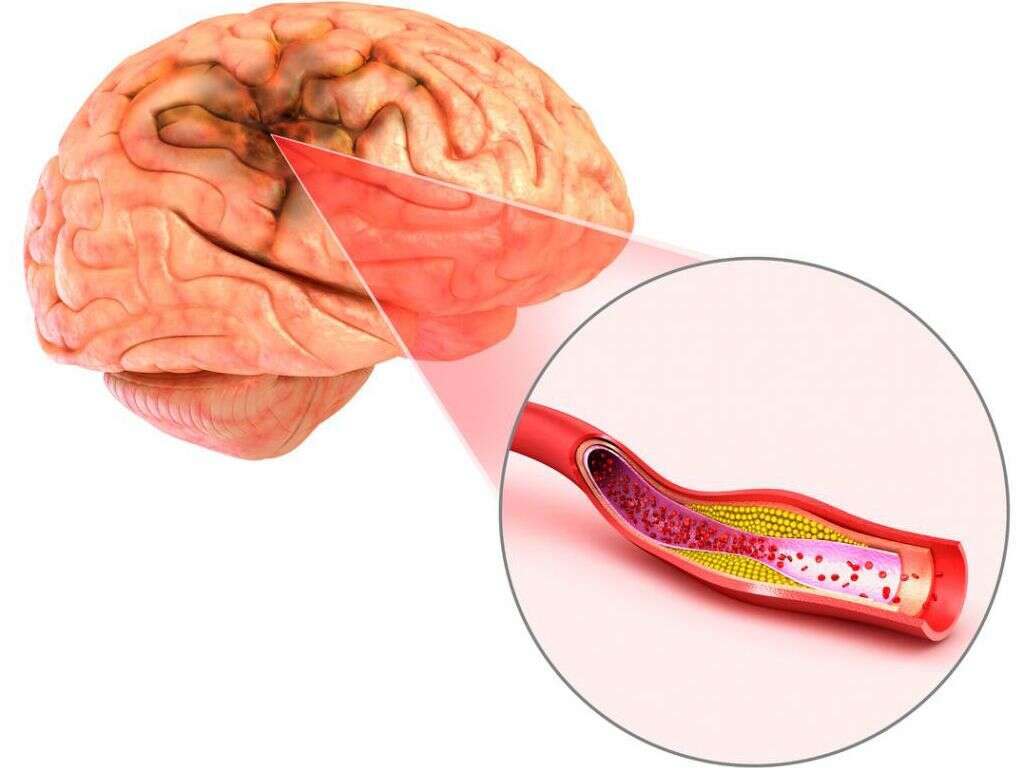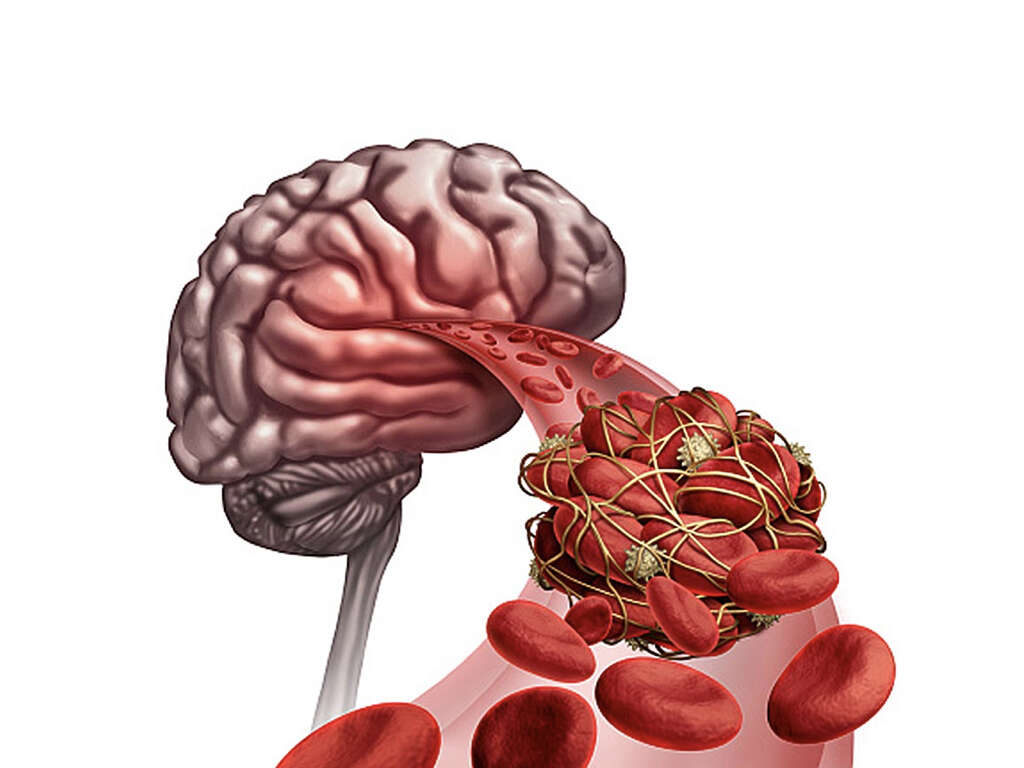What Is an Ischemic Stroke?
 Article Sources
Article Sources
- 1. Stroke Facts. Centers for Disease Control and Prevention, Centers for Disease Control and Prevention, 8 Sept. 2020, www.cdc.gov/stroke/facts.htm.
- 2. Ischemic Stroke Treatment. www.stroke.org, www.stroke.org/en/about-stroke/treatment/ischemic-stroke-treatment.
- 3. Edward C Jauch, M. (2020, June 22). Ischemic Stroke. Retrieved November 03, 2020, from https://emedicine.medscape.com/article/1916852-overview
9. What Are the Risk Factors for Ischemic Strokes?
The main modifiable risk factors that make a person more likely to have an ischemic stroke include high blood pressure, cardiac disease, TIAs, high cholesterol, diabetes mellitus, obesity, heavy alcohol intake, illicit drug use, and tobacco use.3Edward C Jauch, M. (2020, June 22). Ischemic Stroke. Retrieved November 03, 2020, from https://emedicine.medscape.com/article/1916852-overview
Some people are genetically susceptible to strokes, including individuals who have conditions such as sickle cell anemia, clotting disorders, and congenital heart defects. Similarly, a family history of stroke or TIAs is also a nonmodifiable risk factor for ischemic strokes. Other nonmodifiable risk factors include age, race, sex, and a history of migraine headaches.3Edward C Jauch, M. (2020, June 22). Ischemic Stroke. Retrieved November 03, 2020, from https://emedicine.medscape.com/article/1916852-overview For instance, men are at a higher risk than women, and approximately 65% of people who are hospitalized for a stroke in a given year are over the age of 65. Also, certain races are more likely to experience a stroke of any kind: blacks are almost twice as likely to have a first stroke than whites.
Advertisement











